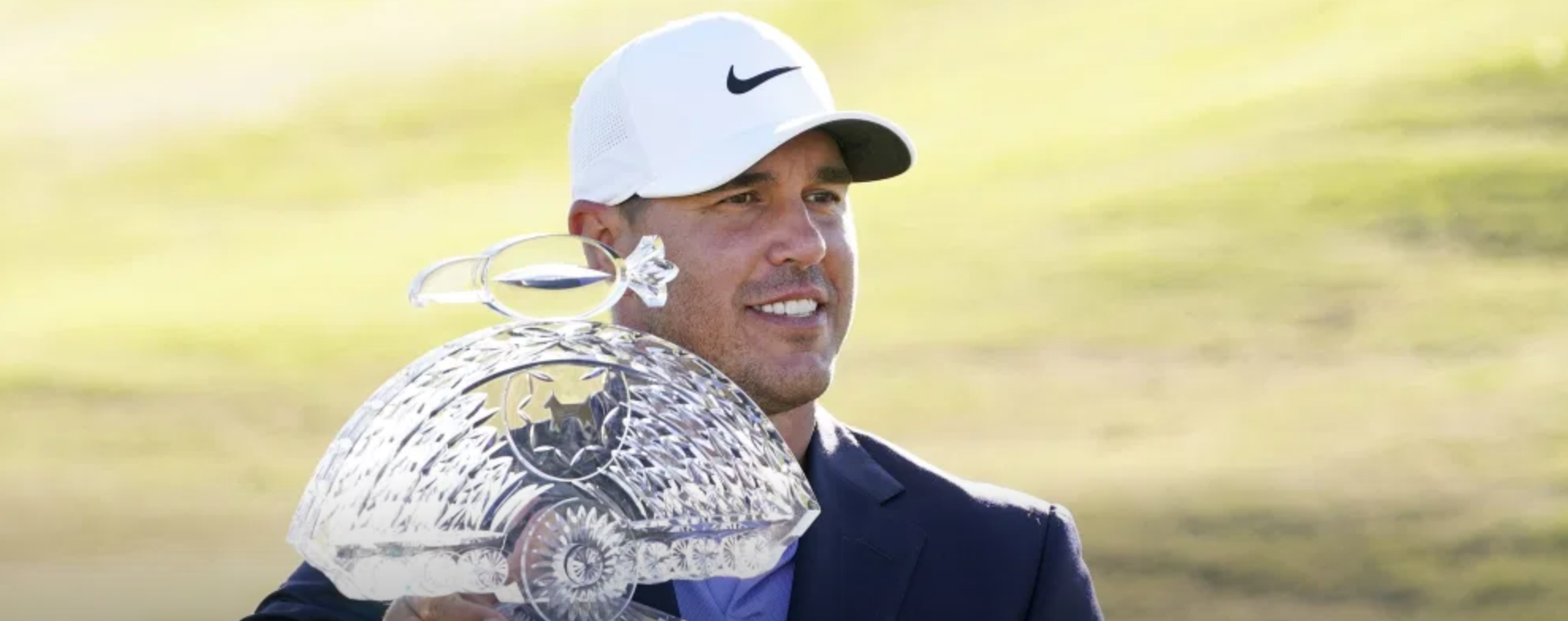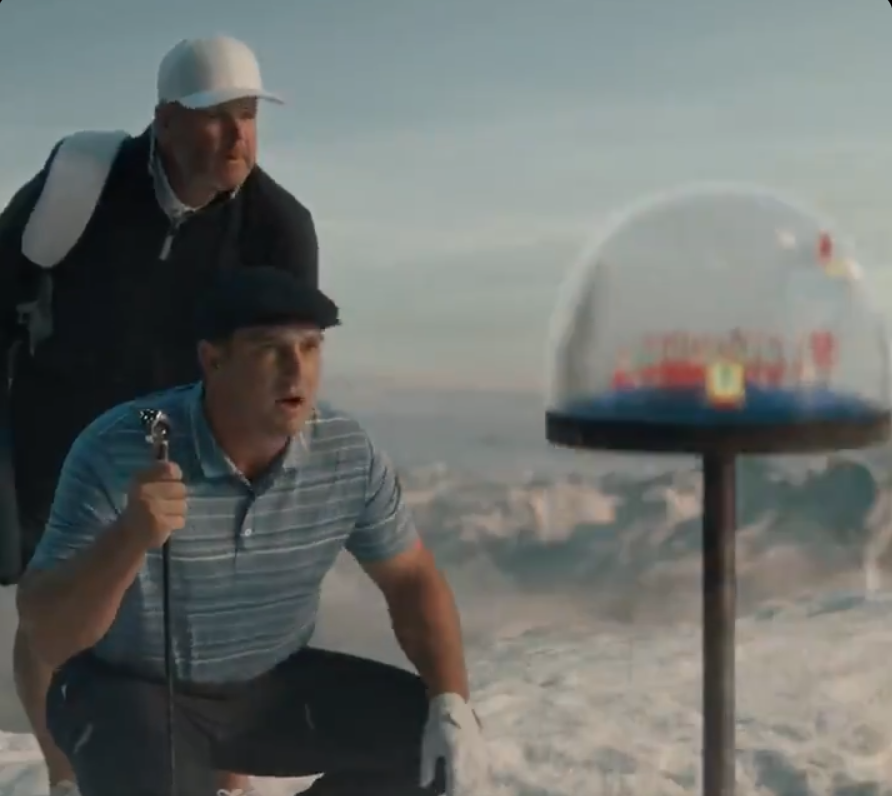Too bad more players are not this grounded when it comes to the distance and skill discussion.
Of course this was said in Saudi Arabia where Bryson DeChambeau is headlining the European Tour’s stop there, but we’ll set that aside for now:
Q. I don't know if you had a chance to see the fact that the USGA and the R&A -- you have, good. You seem to be the only one that's literate coming into this thing. Anyways, what's your thoughts on it, and do you think that distance is an issue?
BRYSON DeCHAMBEAU: Well, look, I had a great conversation with John Bodenheimer and Jason Gore yesterday when it came out, pretty much right when it came out. That was my doing. I wanted to talk to them and get their piece on it. I totally understand what they are about. They are trying not to take the human element out of it, which I think is the most important factor in this whole conversation.
When it comes to the equipment aspect, they are trying to make it more of a -- I guess you could say same or fair playing field where you can't just put a 48-inch driver and it works for this person, you could gain six, seven miles an hour where somebody couldn't because the driver just doesn't work for them or whatever.
I think the most important factor in this whole discussion is that they are focused on keeping the integrity of the game and trying to make it more of a fair playing field while not taking out the human element.
I’m just stopping here to let you go back and read that last graph again. This is Bryson DeChambeau. Yeah he’s definitely cut back on the bacon.
From my perspective, I think it suits me really well because as of right now, I'm still playing the 45-and-a-half-inch driver, and it's suiting me perfectly well, and I'm not going to the 48. So if someone was trying to go to the 48 for them they could gain six, seven miles an hour pretty quickly and now it's not a possibility. And I think it's going to be more difficult for people to gain speed easily. They are going to have to work really hard, just like I have.
For me right now, I feel like it's a pretty good advantage from the way I look at it.
Q. Did you initiate the conversation?
BRYSON DeCHAMBEAU: I did.
Q. All that being said, would you not have a problem if they decided not to make adjustments into the rules?
BRYSON DeCHAMBEAU: No, I welcome it as long as they don't change the human element. Again, I'm going to play with whatever they gave me. I'm not worried about it. I'm going to do what that they say is legal and I'll just go from there and find the best way to play for me under The Rules of Golf.
There's no issues -- it's funny, I'm sure there's a lot of excitement about me having a potentially controversial thought on it but I don't. I think it's a really cool thought process. It's a little flattering in a sense, because I did talk about that 48-inch driver for so long, and it just didn't work for me the way I wanted it to.
As it's played out, I think it's really cool to see that there's some change off of the conversations that I've had, and it's just pretty interesting to me.
Human element. I’m borrowing that. So should the USGA and R&A.




















